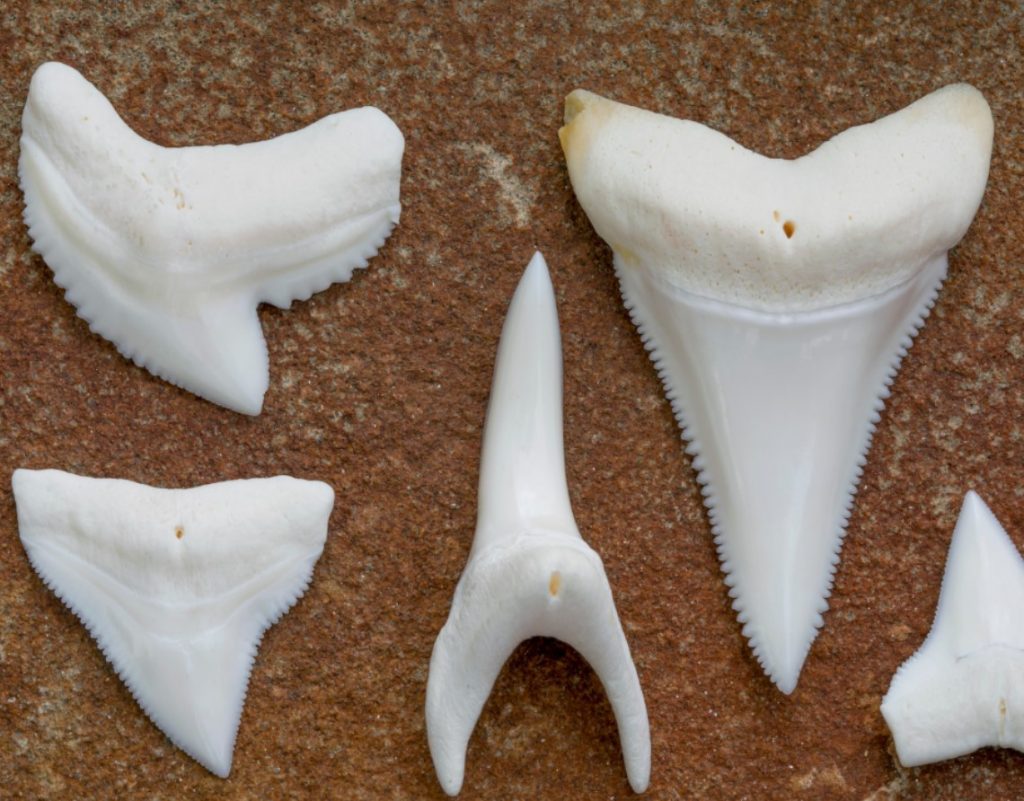
Scalloped hammerhead caught in a fishing net. Photo: Brian Skerry
Traditional fishers in Belize were the first to see the losses in Belize’s fish and coastal wildlife that followed the introduction of unselective monofilament gillnets last century. “I haven’t seen a sawfish since the 90s, nets killed them off” shared Dan Castellanos, traditional fisher and former shark and net fisherman turned guide in Belize. Nets have been responsible for significant reductions in the abundance and diversity of sharks (of great importance for ecotourism), continued threats to protected species such as turtles and manatees, and the loss of fishes of significant non-consumptive economic value to recreational sea anglers. For 20 years, over 2,300 of the country’s 2,500 registered fishers had unsuccessfully supported a range of local efforts to prohibit the use of gillnets in Belize. The first national ban of fishing nets was eventually gazetted on November 6th 2020, after all key sectors had joined together to call for government action. Possession and use of nets are now no longer permitted throughout the waters of Belize. Until the ban, net fishers had to register their nets with the Department of Fisheries, and meet a range of criteria to remain legal. Enforcement had been challenging due to the broad nature of these criteria, and the cryptic nature of net setting, which mostly occurred at night.
The benefits of banning fishing nets will extend far beyond the reduction in fishing effort and conservation of sharks and other threatened species, and further include:
- Restoration of depleted fisheries
- Promotion of fair and equitable fishing
- Support for alternative livelihoods
- Boosting tourism, through the survival of species with great tourism value (e.g. sharks)
- Increasing effectiveness of protected areas
- Improved protection of already protected species that were being captured in nets
- Protection of fragile habitats
- Reduction of plastic pollution and ghost fishing from discarded nets
- Simplification of enforcement, and ability to include the public in vigilance
- Improved fisheries management
- Increased food security
The recipe for Belize’s net ban is highly replicable to other countries. It relied upon the formation of a cross-sector “Coalition for Sustainable Fisheries” that included fisher representation (Belize Fishermen Federation and the Belize Game Fish Association), the scientific and conservation sector (MarAlliance), the tourism sector (Belize Tourism Industry Association, Turneffe Atoll Trust, Yellow Dog Fishing and Conservation), and the advocacy NGO Oceana Belize, underpinned by extensive consultations with net fishers and tourism guides. The Coalition also undertook major fundraising to support fishers with their transition to economic alternatives and net buy-back. These efforts helped to generate support at Ministerial level within the government. Setting a precedent is often the hardest part of creating a movement that includes letting go of unsustainable practices. The Belize net ban represents a much-needed precedent to help other nations shift fisheries away from the use of nets, and enable the restoration of their fish, fisheries and food security.

Fishers pulling in a highly unselective fishing net at Lighthouse Reef Atoll, Belize. Photo: Shane Young.



